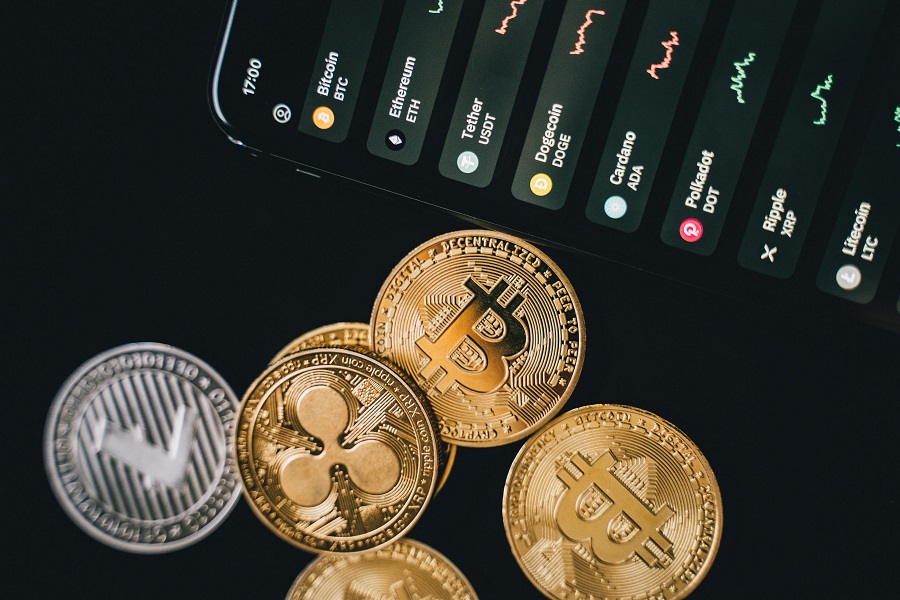The gaming industry is evolving, and with it comes a revolutionary model that is changing the way players interact with video games. Play-to-Earn (P2E) gaming has exploded in popularity, offering players real-world rewards for the time and effort they invest in games. While blockchain-powered games like Axie Infinity and The Sandbox have dominated the P2E space, a new player is making waves—PlayDoge.
This Dogecoin-inspired gaming platform combines the lightheartedness of Doge memes with the lucrative incentives of P2E gaming, creating a niche that is quickly gaining traction. But what makes PlayDoge unique? And why is the play-to-earn model seeing such massive adoption?
What is Play-to-Earn (P2E) Gaming?
Traditional video games have long followed a pay-to-play model where players purchase a game and, at best, earn in-game rewards that have no real-world value. The P2E model flips this concept on its head, allowing players to earn tangible rewards—usually in the form of cryptocurrency or NFTs (non-fungible tokens)—that can be traded or converted into real money.
These games operate on blockchain networks, ensuring that in-game assets belong to the players rather than the game developers. Instead of spending countless hours grinding for virtual rewards that are locked within a game’s ecosystem, players now have an opportunity to monetize their gameplay.
The Rise of PlayDoge: Memes + P2E Gaming
If there’s one thing the internet loves, it’s memes. And if there’s one cryptocurrency that embodies meme culture, it’s Dogecoin (DOGE). PlayDoge taps into this massive cultural phenomenon by combining the fun, humor, and virality of Doge memes with the financial incentives of P2E gaming.
Why is PlayDoge Gaining Popularity?
- Community-Driven Ecosystem
- Just like Dogecoin, PlayDoge thrives on an active and engaged community. The game integrates humor and meme culture, making it both entertaining and rewarding.
- Earn While Playing
- Players can earn Doge-based rewards through various in-game challenges, tournaments, and daily missions. These rewards can be withdrawn, traded, or used within the PlayDoge ecosystem.
- Low Barrier to Entry
- Many blockchain games require expensive NFT purchases just to get started. PlayDoge, on the other hand, makes it more accessible for newcomers by lowering the cost of participation.
- Secure & Transparent Transactions
- Built on blockchain technology, all transactions within PlayDoge are secure, decentralized, and transparent, ensuring that rewards are fairly distributed.
- Nostalgia & Fun Factor
- Doge memes have been around for over a decade, and their appeal hasn’t faded. By integrating meme culture into gameplay, PlayDoge makes earning crypto fun and engaging.
The Future of P2E Gaming: A Sustainable Model or a Bubble?
While the P2E gaming industry is booming, some critics argue that it faces challenges that could limit long-term sustainability.
Challenges Facing P2E Games
- Inflation of In-Game Tokens: Some P2E games struggle with token inflation, where too many rewards are generated, leading to a drop in value.
- Player Retention: Many users join P2E games solely for financial gain, which can lead to a decline in active players once earnings decrease.
- Regulatory Concerns: Governments are still trying to figure out how to regulate blockchain-based economies, which could impact P2E gaming in the future.
However, PlayDoge has a strong community and low entry barriers, making it more sustainable than other P2E projects that require costly NFT investments upfront.
The Next Big Thing in Crypto Gaming?
PlayDoge is a fascinating example of how meme culture and blockchain technology can merge to create an engaging and rewarding experience for gamers. By tapping into the massive Doge fanbase and offering accessible, play-to-earn opportunities, it stands out in a crowded P2E market.
As blockchain gaming continues to evolve, PlayDoge and similar projects could redefine what it means to “game for a living.” Whether you’re a casual gamer or a crypto enthusiast, the rise of P2E gaming is something worth watching.

